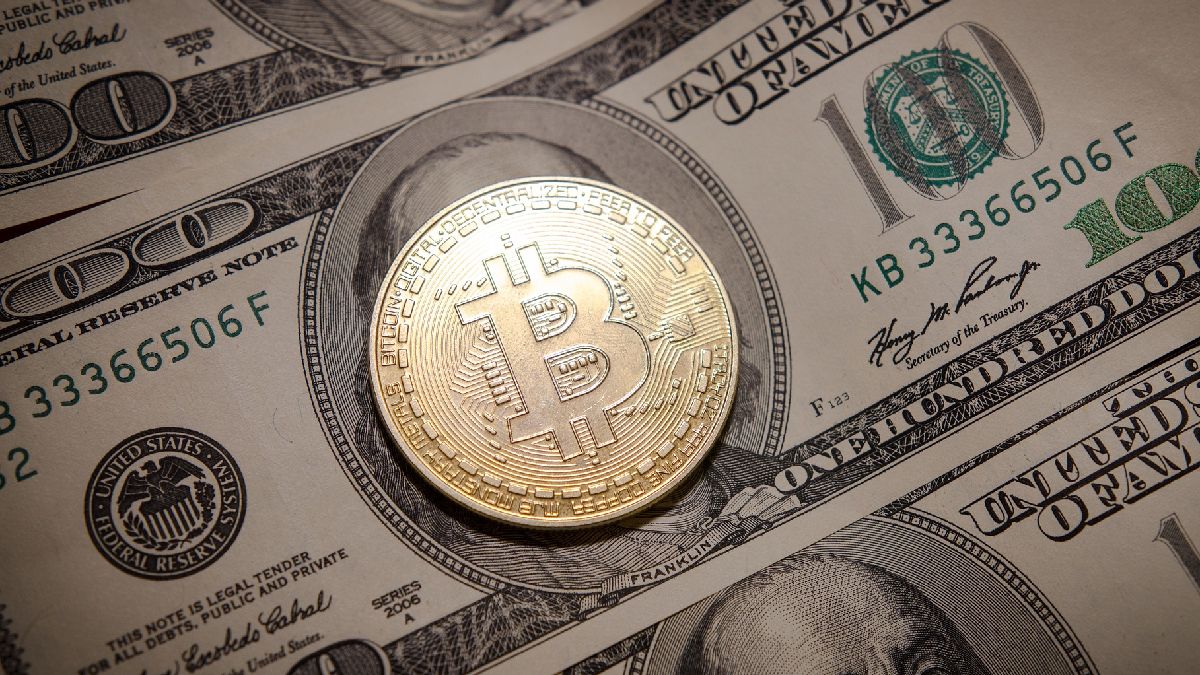- TECHSWU
- Posts
- TECHSWU
TECHSWU

In a bold move to amplify its AI capabilities, Google has integrated the Gemini team into its DeepMind research lab, as part of a broader strategy to streamline AI development. CEO Sundar Pichai announced this shift, emphasizing the need to enhance innovation and keep pace with competitors like OpenAI and Microsoft.
This consolidation is the latest step in Google's ongoing restructuring, which has seen the merger of DeepMind with Google Brain and aims to build a more unified AI research approach. Alongside this, notable leadership changes are afoot, with Prabhakar Raghavan transitioning to a chief technologist role.
While Google is striving to strengthen its AI offerings, it faces scrutiny over its market dominance, underscoring a challenging landscape as it navigates innovation alongside regulatory pressures. As Google refines its focus, the tech giant is eager to reclaim its leading position in the rapidly evolving AI sphere.

A recent study reveals that creativity is a powerful ally for brain health and emotional resilience. Engaging in creative activities like painting, music, and writing does more than just spark joy; it enhances cognitive functions and boosts emotional well-being.
According to researchers in the field of neuroarts, creativity can significantly reduce anxiety and depression in children, promoting healthier social interactions. Plus, it strengthens vital executive functions such as problem-solving and decision-making.
Even simple creative outlets, like doodling, can improve memory retention while learning. Overall, incorporating creativity into daily life offers a pathway to not only enrich our existence but also cultivate a more agile mind and resilient spirit.


If Donald Trump secures the presidency in 2024, brace yourself for a surge in electronic prices! His proposed tariffs of 10% on global goods and a whopping 60% on imports from China could inflate laptop costs by over $350 and other electronics by as much as 40%. According to the Consumer Technology Association, even the lowest tariffs could result in significant price hikes—laptops could see average increases of about 45%, smartphones by around 26%, and game consoles by nearly 40%.
While these tariffs aim to boost U.S.
manufacturing, experts worry they will primarily burden consumers, especially low-income households. The potential economic fallout could reach $90 billion annually, impacting everything from your next laptop purchase to overall job growth.
As the debate continues, many question whether these strategies will ultimately bolster American industry or merely drive up costs for consumers.

The highly anticipated Samsung Galaxy A36 5G has made waves on Geekbench, sparking excitement for its imminent launch. This fresh upgrade promises to succeed the Galaxy A35 5G with enhanced performance and a more refined user experience.
With model number SM-A366B, the A36 5G boasts an octa-core ARM-based processor, featuring a blend of efficiency and performance cores. Speculations point to powerful chipset options, either Snapdragon 6 Gen 3 or Snapdragon 7s Gen 2, paired with an Adreno 710 GPU and 6GB of RAM, promising snappy multitasking.
Geekbench results highlight significant performance boosts—scoring 1,060 in single-core tests and 3,070 in multi-core, outshining its predecessor. Expected features include a brilliant 6.

A recent report from crypto researcher Kaiko reveals that wash trading—a misleading market activity where traders buy and sell tokens to create a façade of liquidity—remains rampant in the decentralized finance (DeFi) sector. Specifically, some issuers are manipulating liquidity pools on platforms like Uniswap to inflate interest in their tokens.
Once investors are lured in, these issuers dump their tokens for massive profits. The report highlights that many of the over 200,000 assets on Ethereum dexes are controlled by individuals using these questionable practices.
Centralized exchanges like HTX and Poloniex also exhibit signs of wash trading, casting a shadow over market integrity. As the crypto landscape continues to grapple with regulatory challenges, this revelation serves as a stark reminder of the ongoing risks within the sector.

In today's fast-paced world, building your personal brand is essential for standing out and enhancing your career, and AI tools can help simplify the process! In her insightful article, Alisa Cohn shares five dynamic ways to leverage AI to elevate your brand. Start by optimizing your LinkedIn profile—AI can kickstart your writing and provide a neutral perspective.
Next, identify your unique positioning by researching industry trends and your peers. Use AI to craft engaging pitches for speaking opportunities, ensuring your expertise shines through.
Brainstorm engaging social media topics with AI's creative spark to attract attention, and finally, expand your network by discovering valuable connections faster than ever. With AI assistance, you can make significant strides in your personal branding journey while saving time and effort.

The article "Artificial Intelligence: Past, Present, and Future" takes us on an enlightening journey through the evolution of AI, tracing its origins from 1940s concepts to the landmark Dartmouth Workshop in 1956, where it was formally birthed. It highlights the "AI winters" of the 60s to 80s when progress stagnated but regained momentum in the 90s with machine learning advancements.
Fast forward to recent years, technologies like ChatGPT have revolutionized AI's role across various domains—from healthcare to creative arts—showcasing its vast potential. However, the darker side of AI raises alarm: privacy concerns, discrimination, and threats of job displacement, necessitating urgent ethical regulations.
The article warns of an impending future where AI might outpace human needs, echoing fears of a superhuman dystopia. It calls for a balanced dialogue between innovation and responsibility, emphasizing the need for thoughtful legislation to harness AI's benefits while curbing its risks.

In a groundbreaking anti-fentanyl campaign in Kansas City, three young overdose victims have been brought back to life through artificial intelligence. The initiative, named "Unfinished Legacies," features AI-generated videos of Jaden Anderson, Victor Avalos Marmolejo, and Jordan Coburn delivering poignant messages about the dangers of fentanyl.
Created by the city, in partnership with local organizations, the campaign aims to resonate with today's youth, diverging from traditional approaches that often go unheard.
Kansas City's fentanyl death rate has skyrocketed, leading to this innovative strategy to engage young people where they spend their time—on social media.
Mayor Quinton Lucas emphasizes the need for real, relatable stories rather than statistics, aiming to foster real connections that could save lives. Anderson's mother hopes their legacy will deter others from similar fates, while families of the victims believe this campaign can profoundly impact and educate youth about the true risks associated with drug use.

This week in retail tech buzz, Snapchat, Glovo, and Sam's Club are stealing the spotlight! As the clock ticks down on the 2024 RTIH Innovation Awards—with entry closing on October 25—exciting innovations are rolling out. Sam's Club is set to launch a frictionless store in Texas, enhancing shopping ease with its Scan & Go feature.
Meanwhile, Primark has opened its first self-service checkout location in Portugal, while Deliveroo partners with wilko for speedy delivery of home and garden essentials. The Co-op is upgrading its media presence with 300 new digital screens, and Glovo is gamifying food discovery with social features in Spain.
Plus, autonomous shopping is making waves as føtex rolls out an AiFi-powered, cashier-less store in Denmark.

In a groundbreaking move, the U.S.
Treasury Department leveraged cutting-edge AI tools to recover an astonishing $4 billion in fraud and improper payments in fiscal 2024—an impressive increase from just $652.7 million the previous year.
By employing machine learning for risk screening and detecting check fraud, the Treasury efficiently identified and stopped $2.5 billion in high-risk transactions.
The Office of Payment Integrity is pioneering these advancements, making vital resources available to federal agencies and state-administered programs. One standout feature is the “Do Not Pay” service, which helps agencies verify payment eligibility by cross-checking data sources.
The Treasury, processing over 1.4 billion payments worth more than $6.
9 trillion annually, positions itself as a leader in the fight against financial fraud, showcasing a proactive commitment to safeguarding taxpayer dollars. Deputy Secretary Wally Adeyemo affirmed, “We’ve made significant progress,” ensuring further partnerships to enhance fraud prevention efforts.
